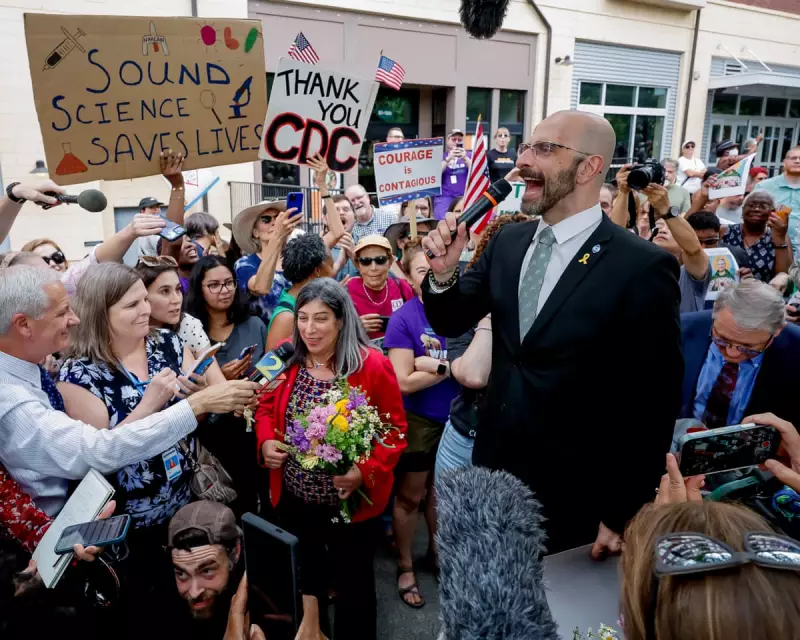
A prominent figure within the US Centers for Disease Control and Prevention (CDC) has unexpectedly stepped away from his duties, triggering a wave of speculation and scrutiny. Dr Demetre Daskalakis, a key deputy director, has taken a sudden medical leave of absence.
The announcement comes at a sensitive time, as the official is reportedly under investigation by a congressional committee. The probe focuses on Dr Daskalakis's involvement in the public disclosure of independent presidential candidate Robert F Kennedy Jr's past medical history.
Context of the Congressional Scrutiny
The House Select Subcommittee on the Coronavirus Pandemic is leading the inquiry. Its members are seeking to understand the circumstances under which Kennedy's medical information, specifically related to a condition that caused cognitive issues, became public knowledge. The committee is examining whether Dr Daskalakis played any role in verifying or disseminating these highly personal details.
Kennedy's campaign has vehemently denied the claims about his health, labelling them as politically motivated attacks. The situation has placed the CDC official at the centre of a fierce political and ethical firestorm.
The CDC's Official Stance
In a brief statement, the CDC confirmed Dr Daskalakis's temporary departure but provided no specific details regarding his medical condition or the expected duration of his leave. The agency emphasised its commitment to continuing its vital public health work without interruption during this period.
Dr Daskalakis, who has been a visible and influential leader in the CDC's HIV prevention efforts and its response to the mpox outbreak, is known for his proactive and often unconventional public health strategies. His absence leaves a significant gap in the agency's leadership structure.
Reactions and Implications
The timing of the medical leave has inevitably fuelled further discussion in political and media circles. Critics question the coincidence, while others urge respect for the official's privacy regarding health matters.
This development adds another layer of complexity to an already contentious investigation, raising questions about the intersection of public health, personal privacy, and political campaigning in the United States.





